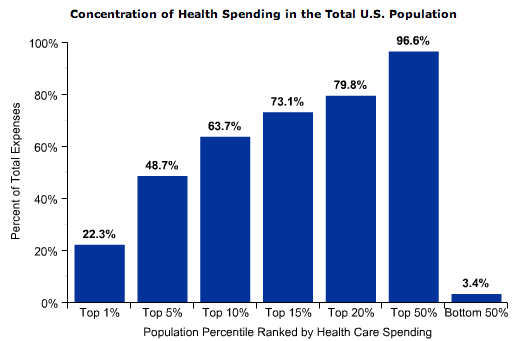I've been reading more about this the last few days and details are still scarce, but what I think is the good news here is that there will be a GOP option on the table with at least a hint of conservatism about it.
This will allow the ball to start rolling.
My crystal ball says the Democrats will object because a tax cut does not help the poor. So they will try to maneuver for some sort of tax credit status, either in addition or instead.
Regardless of those maneuvers, the plus in this is that a tax reduction approach is conservative philosophically, and health care insurance is usually thought of as a liberal issue, so this approach in general looks like it has a chance of getting the kind of bipartisan attention necessary for anything at all to happen.
The prez is putting at least SOMETHING on the table. Hard to say that's bad.
This will allow the ball to start rolling.
My crystal ball says the Democrats will object because a tax cut does not help the poor. So they will try to maneuver for some sort of tax credit status, either in addition or instead.
Regardless of those maneuvers, the plus in this is that a tax reduction approach is conservative philosophically, and health care insurance is usually thought of as a liberal issue, so this approach in general looks like it has a chance of getting the kind of bipartisan attention necessary for anything at all to happen.
The prez is putting at least SOMETHING on the table. Hard to say that's bad.


